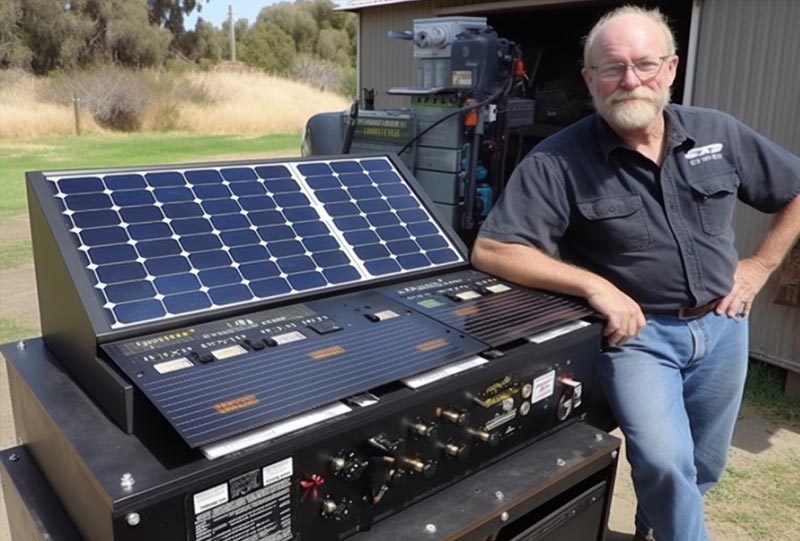What happens if your solar charge controller is too big?

When setting up a solar power system, it is vital to choose the right solar charge controller. A solar charge controller regulates the voltage and current from the solar panel to the battery. It ensures that the batteries are charged efficiently and safely. However, choosing a solar charge controller that is too large for your system can have a number of unintended consequences.
Overcharging
Firstly, a solar charge controller that is too large for your system can lead to overcharging. Overcharging occurs when the battery is charged beyond its maximum capacity. This can cause the battery to overheat, leading to permanent damage and a shortened life span. In addition, overcharging can also cause the battery to release toxic fumes, which can be dangerous.
Reduced battery efficiency
Secondly, a solar charge controller that is too large for your system can also lead to a reduction in the efficiency of the battery. When a battery is continually overcharged, its performance suffers, resulting in a reduction in its capacity and ability to hold a charge. This can ultimately reduce the life of the battery and increase the frequency of battery replacement.
Overheads become larger
Thirdly, a solar charge controller that is too large for your system can lead to unnecessary expense. A larger solar charge controller is usually more expensive than a smaller one, and if you purchase a charge controller that is too large for your system, you will be paying for features you don't need. This can lead to a waste of resources and money.
In conclusion, choosing the right solar charge controller is crucial when setting up a solar power system. If you choose a solar charge controller that is too large for your system, it can lead to overcharging, reduced battery efficiency and unnecessary costs. It is therefore important to carefully assess your system requirements and choose a solar charge controller that is the right size for optimum performance and efficiency.




